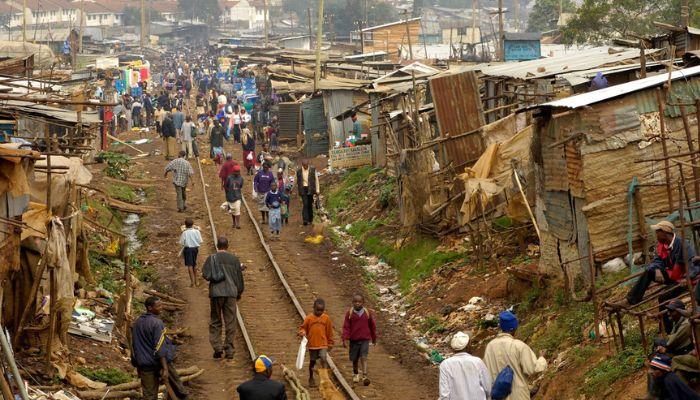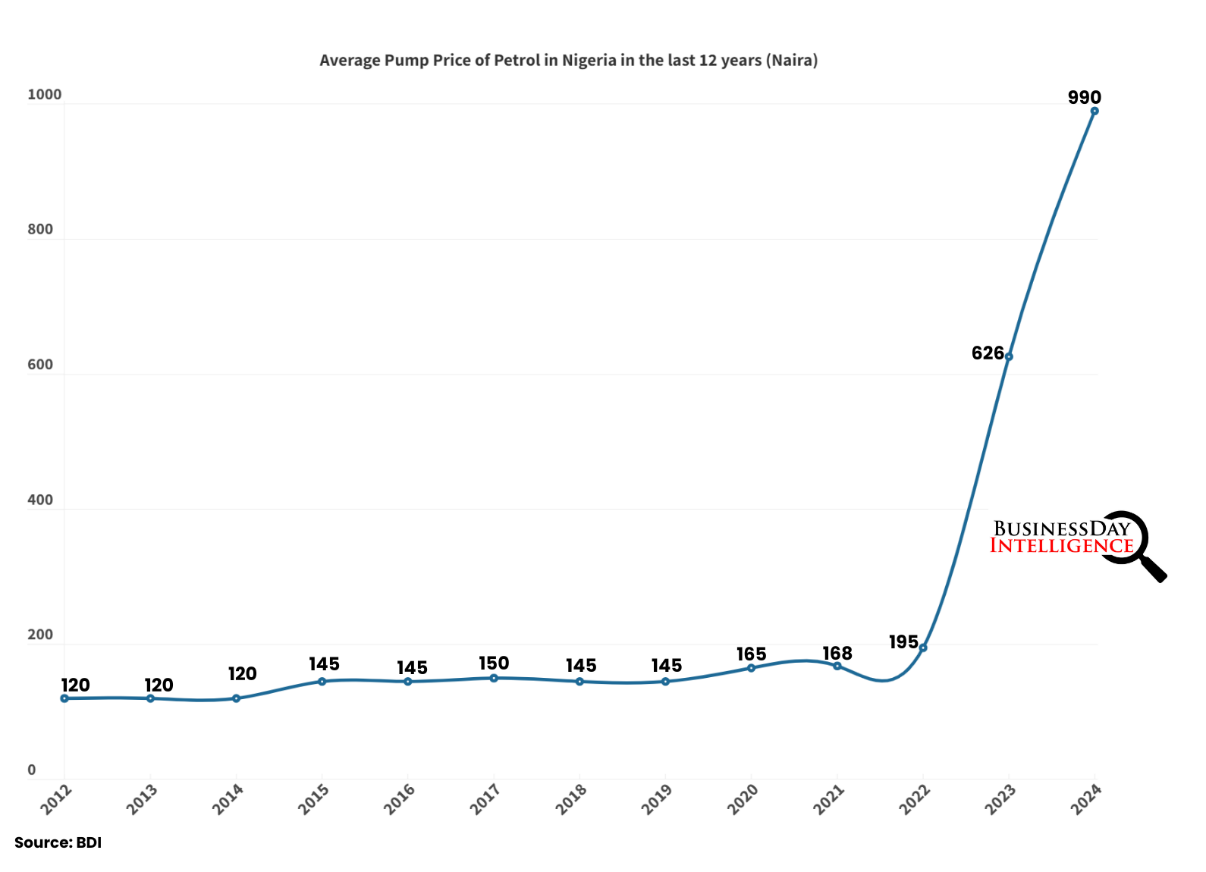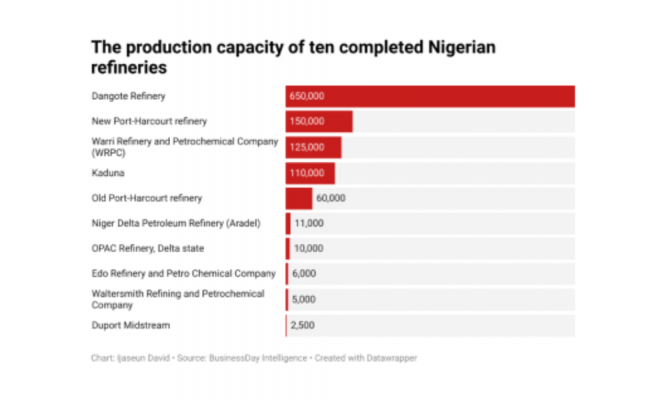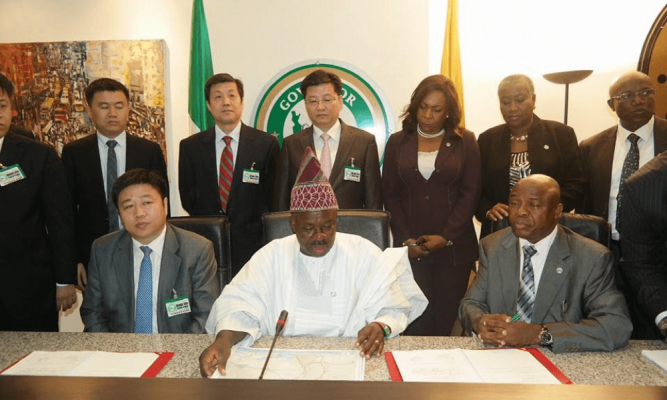Last week I wrote an article titled, “Economic Hardship: Proposed August 1 protest is poorly timed,” in which I took the position that though the economic hardship caused by the reform programme, as necessary as it is, is palpable, the timing of the protest was wrong, since tangle measures are being taken to address the issues, and that the economy was close to a turnaround, though it may not be too obvious. Admittedly, the scope of the protest has been extended to bad governance, which is germane. For the avoidance of doubt, I reaffirm the inalienable rights of Nigerians to peaceful protests as enshrined in the Nigerian constitution. I also speak as an economist, for the economy remains my primary constituency. I also speak as a public policy analyst and strategist and wish to quickly address some important matters arising from the protest so far as follows: poor public communication with implications for effective crisis management, police engagement with protesters, and the extension of the protest from one to ten days.
Since the idea of the protest was first noticed by some elements from the northern part of the country some weeks ago, the responses and reactions from various government agencies, especially security organs, and key government officials and politicians have been largely ‘high-octane,’ belligerent, and uncompromising, creating the impression that Nigerians do not have a right to peaceful protest. The unintended effect was to activate so many dormant protest groups all over the country. Thus, what would have passed largely as isolated protests in some parts of the country became a truly national event. In the future, only one government spokesperson, namely the Minister of Information, should be saddled with the responsibility of speaking on such a sensitive matter—not the security agencies, other ministers, or politicians, no matter how highly placed. The objective should be strategic communication that recognises the right to peaceful protest, is accommodating, conciliatory, and douses tension while not presenting the government as dealing from a weak position. Besides, if the President has engaged with the Nigerian people through a national broadcast on the eve of the protest, that might have made a huge difference, as Dr Reuben Abati has suggested on Arise TV.
Read also: A call for responsible protests amid economic hardship and bad governance
“Besides, if the President has engaged with the Nigerian people through a national broadcast on the eve of the protest, that might have made a huge difference, as Dr Reuben Abati has suggested on Arise TV.”
The management of the protest by the Nigerian Police in many parts of the country, particularly in Lagos and the South West region, has been professional and commendable. However, according to Amnesty International, 13 people died on the first day of the protest in Suleja, Kaduna, and Maiduguri, whose Country Director Isa Sanusi alleged were killed by security agents across the country, describing the incident as “unjustified and unacceptable.” It must be noted that this is the first time in living memory that youths in the northern part of Nigeria, especially the Northwest and Northeast, are participating in a nationwide protest about the economy or governance. That has been the exclusive preserve of the South hitherto. Besides, pre-existing social conditions of multidimensional poverty in the North have precipitated participation by Northern youths. While condemning violent riots in some parts of the North, it is time the Nigerian government considers a non-lethal approach to managing public protests as is done in developed countries. There is no justification anymore for our security agencies to carry assault rifles in quelling peaceful protests by unarmed citizens. That should be unacceptable going forward.
Finally, Nigerians have a right to know who the leaders of the Take It Back Movement are, whether it is registered with the Corporate Affairs Commission as a legal entity, whether it is actually on the ground nationwide and has the resources and logistical capacity to organise protests in the state capitals of all the 36 states of the federation and the 774 government headquarters simultaneously, as claimed and sustain it for a period of 10 days, and the rationale for extending its protests over a period of ten days, realising the impact of the extended period of protests on the freedom of movement of non-participants and on their businesses and livelihoods and on the economy at large.
In fact, it is not proper for a lawyer or lawyers to front for a protest group known or unknown to the public, as Mr Ebun Adegboruwa, SAN, has done, since protest is a right guaranteed under our constitution. The leadership of the group must be the ones to sign any letter to the government requesting permission to protest, and with or without legal counsel, directly and publicly engage with the police, and give a face to the group. As it is now, the only face or voice of the Take It Back Movement we know is that of Mr Adegboruwa, except for the presence of Mr Femi Falana, SAN, at their virtual meeting with the police.
The methods so far employed by the Take It Back Movement fail to meet the four tests of Martin Luther King for mass action or protest, which I alluded to in my opinion piece last week. They have not exhausted all methods of engaging the government for peaceful resolution of their grievances, and they have not ensured that their actions do not cause injustice or injuries to others. Groups protesting against bad governance must themselves be transparent and accountable to the public, who are concerned citizens and have vested interests in the way they go about their protests.
The economic costs of a ten-day protest or even a five-day protest will be in trillions of naira. It is unnecessary and reckless, as the point has been sufficiently made on the first day of the protest.
Mr Igbinoba, an economist and business consultant live in Lagos.






